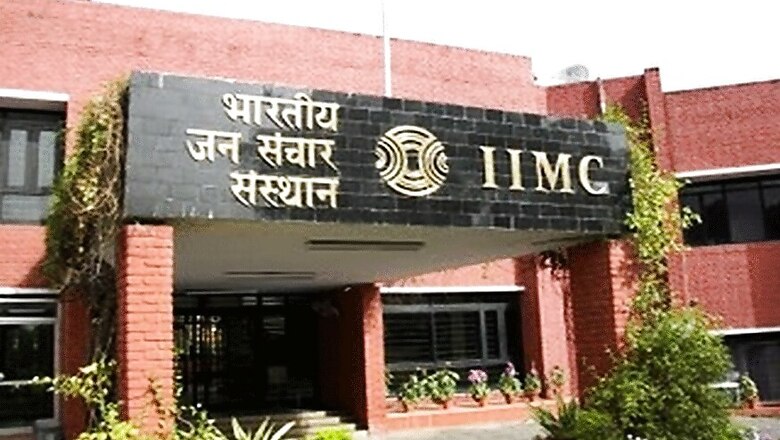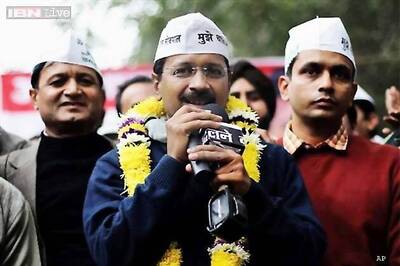
views
New Delhi: Indian Institute of Mass Communication (IIMC), government-funded premier journalism college, will soon be taught about Emergency and its stifling effect on media.
A new chapter titled ‘Emergency: A Dark Phase in Media’ is being included in the section which deals with the history of press.
“It is important that the new generation knows about what happened in 1975. As a young media person, it is imperative they know what censorship really means, so that it does not happen again,” Director General of the institute KG Suresh told News18.
Terming emergency “a black phase for media”, Suresh said the change in curriculum was not meant to target any political party or government. He was also quick to add that the faculty was consulted and nobody raised a concern.
“Journalists must be prepared to not let anybody encroach on their freedom. We always talk about freedom of speech. The upcoming journalists must know that there were a handful of media institutions that stood up in 1975, and the rest had surrendered,” he said.
Ironically, India's current position in 2017 World Press Freedom Index is not very encouraging. Of the 179 countries that were surveyed, it is ranked 136.
Politically, however, the 21-month long Emergency continues to be a source of perpetual political embarrassment for the Congress. Multiple chronicles have blamed the then PM Indira Gandhi for unleashing what is considered one of the darkest times in Indian democracy.
Congress was recently up in arms against the release of Madhur Bhandarkar’s Indu Sarkar because of the stark resemblance of its characters with popular portrayal of Indira and Sanjay Gandhi. The party called it ‘sponsored’ and said the movie was wrongly depicting the Gandhis.
Besides the chapter on Emergency, there is a new chapter on Indian history for visiting students. Since 1969, 1600 journalists from 127 countries have visited IIMC for a 17-week program, which has been built on the lines of British Chevening and Fulbright scholarship programs.
“When we have a program for journalists from abroad, we must also teach them something about our culture and history. The Course titled Discovering India is a compact module of around 15 lectures on India — its history, economy, polity, foreign policy, defense and strategic vision,” Suresh told News18.


















Comments
0 comment